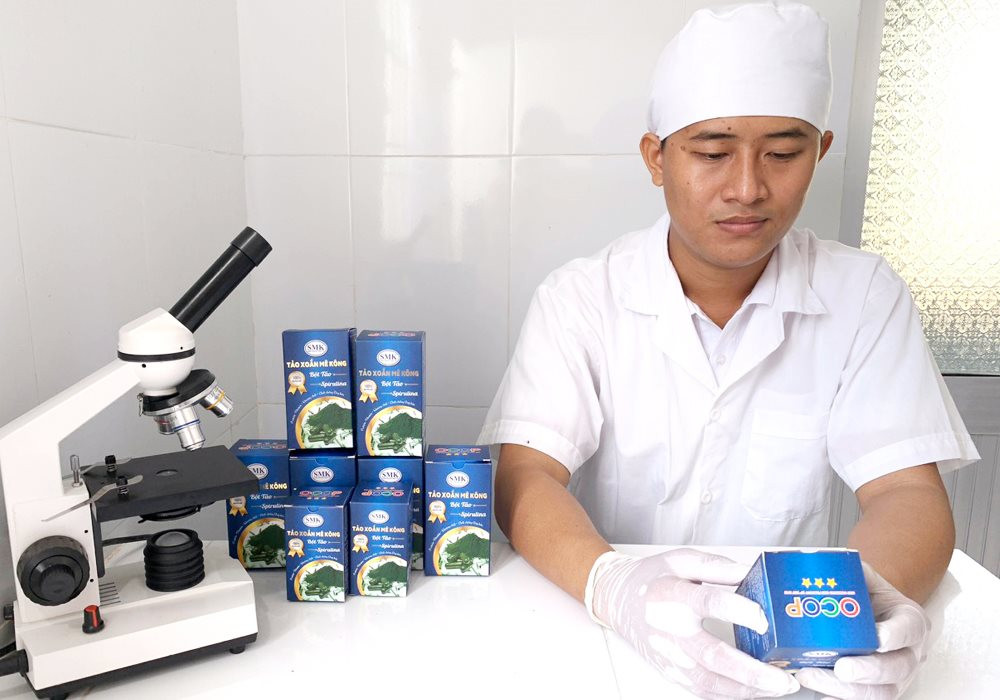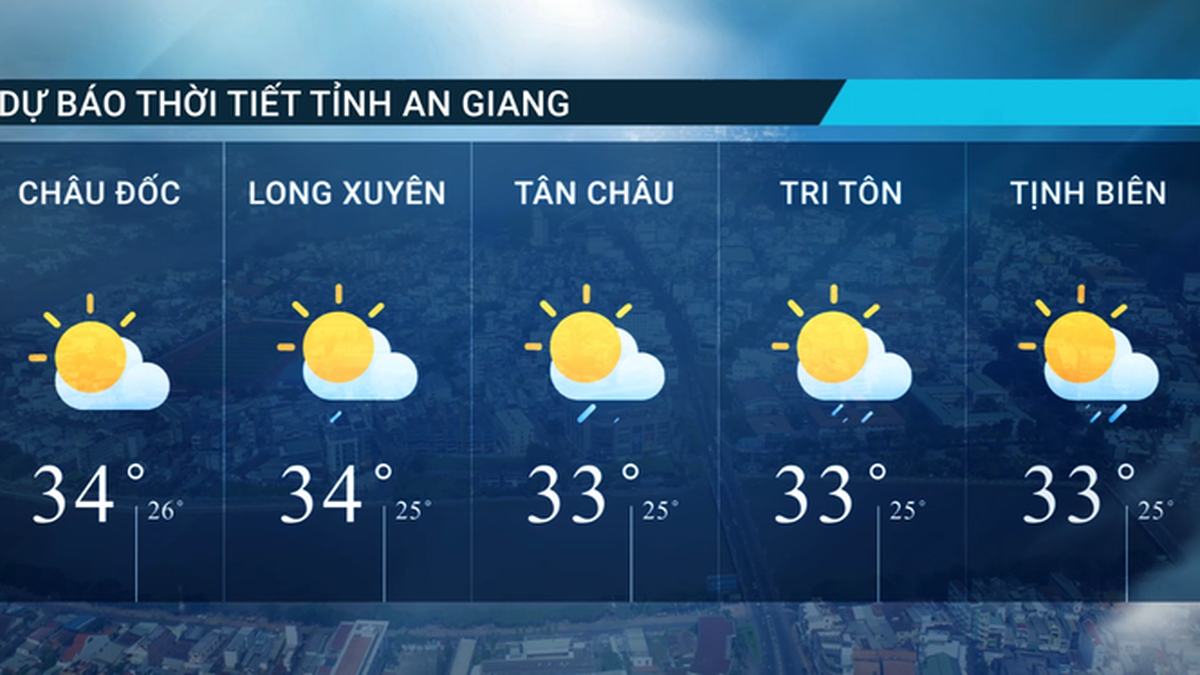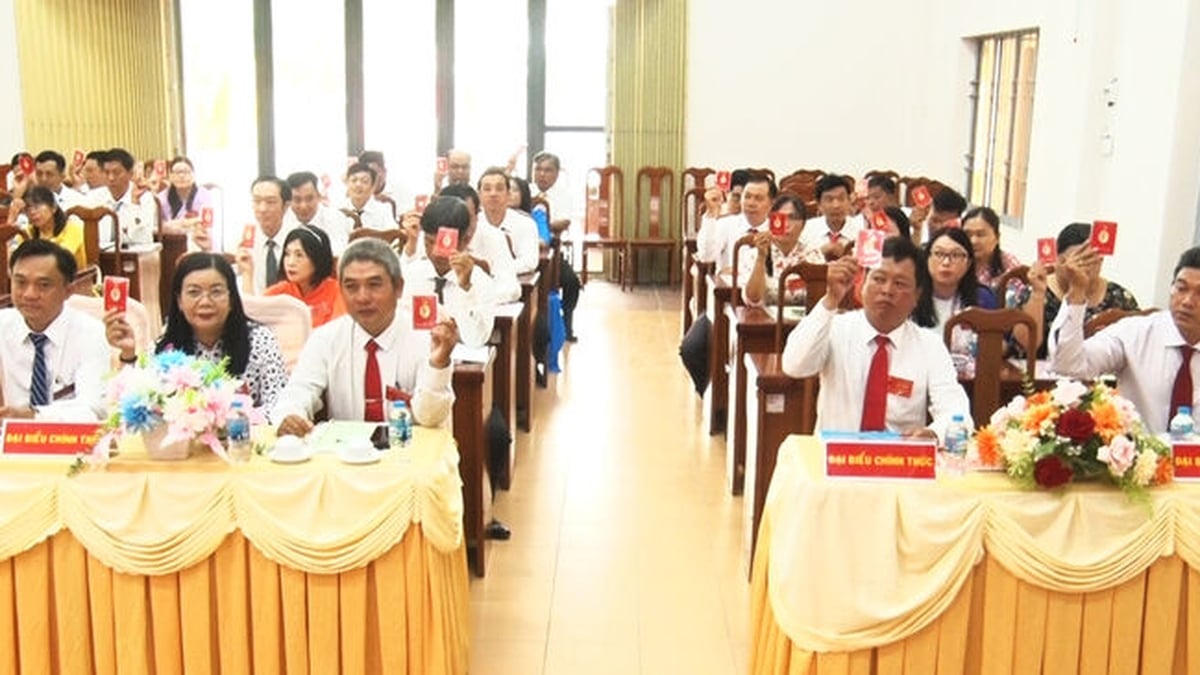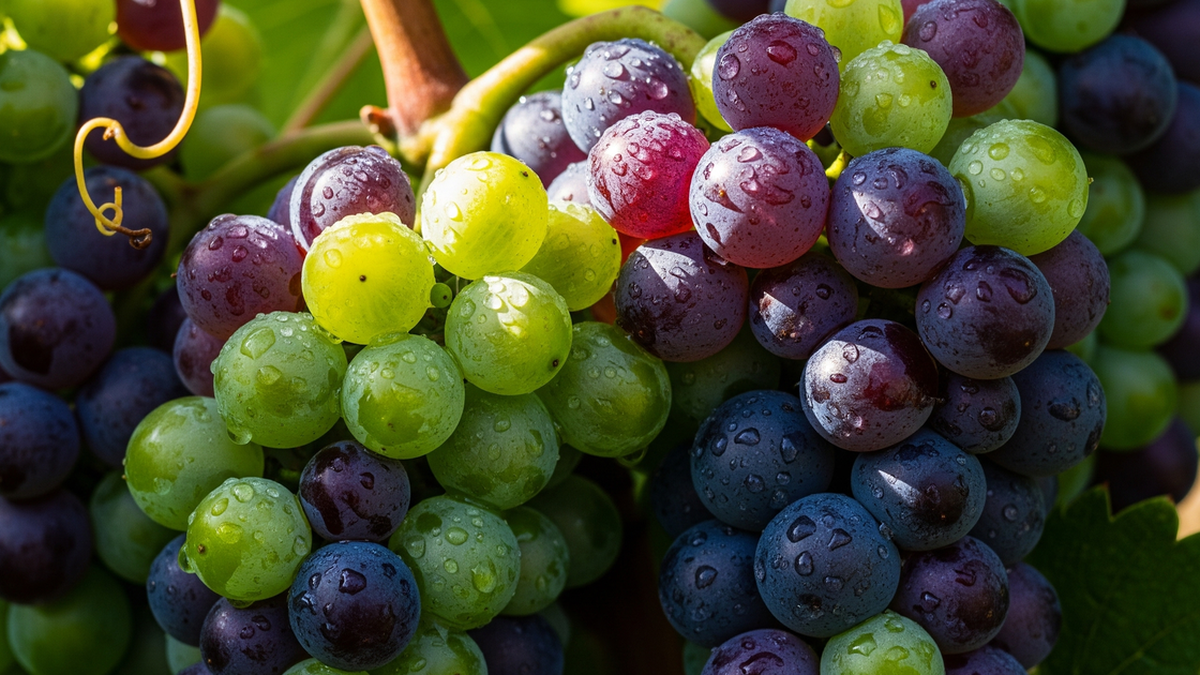
Spirulina is a spiral-shaped cyanobacteria, considered a special nutritional food containing many biologically active substances that are beneficial to health. According to nutrition experts, using 1-3g of spirulina per day will bring great health benefits, especially for those who are being treated for illness or need nutritional supplements such as athletes, sports people or vegetarians can use spirulina with 2-3 times more.
In Vietnam, spirulina is often cultivated in the central provinces in brackish water or coastal areas. In freshwater areas such as the Mekong Delta in general and Vinh Long province in particular, there has been no research on the cultivation and application of spirulina in food processing.
According to Mr. Van Huu Tai - Co-Director of the project, the novelty and creativity of this project is reflected in the improved Zarrouk farming environment, with many materials that are easy to find, easy to buy and cheap, and can be applied to farming in freshwater and tap water environments to ensure product quality. Adding spirulina to food processing to increase nutritional value and diversify products from spirulina. The process is easy to implement, low cost, no toxic chemicals, and does not pollute the environment.
“For families raising in plastic tanks, the initial investment cost will be lower and the algae recovery efficiency will be similar to that of raising in cement tanks, but the quantity of products will not be much. The source of algae seeds is kept at the research site of the author group and will be provided to production households when needed, including the farming environment and farming technology transfer. Products after harvest will be supported with drying,” Mr. Tai shared.
From the effectiveness of the scientific work, the Spirulina algae product grown in Vinh Long province has been certified as 3-star OCOP and is grown in the households of members of the research team and some households are experimenting with it. In particular, the environmental efficiency and the ability of rural people to participate in production are assessed as feasible. People do not need a lot of land, do not depend on weather, climate, no pesticides, no waste, no emissions and do not pollute the environment. Wastewater from the algae farming process is used to raise commercial apple snails, contributing to increasing family income.
“Currently, the Spirulina algae market in Vietnam has not been expanded, people are not much interested in this product. If the Spirulina algae market develops, this will be a valuable source of raw materials for pharmaceuticals and food, creating food products rich in nutritional value, contributing to solving the problem of malnutrition in children, improving the health of the elderly and patients after treatment. The developed household production model will create jobs, increase income, reduce poverty, and improve the lives of people in Tan Hanh commune, Long Ho district in particular and Vinh Long province in general,” said Mr. Tai.
With its high applicability, the scientific work "Household Spirulina farming model and product diversification" won the Second Prize of the 8th Tran Dai Nghia Technical Innovation Contest in Vinh Long province in 2020 - 2021 organized by the Union of Science and Technology Associations of Vinh Long. The work was also honored in the list of scientific and technological works and solutions of the Vietnam Golden Book of Creativity in 2023.
Source



































































































Comment (0)